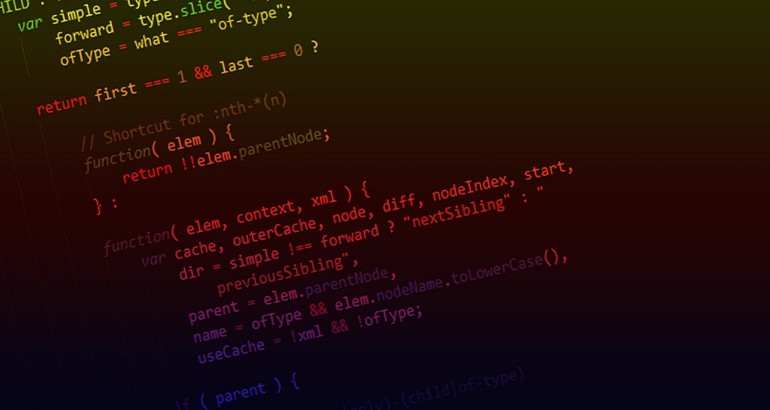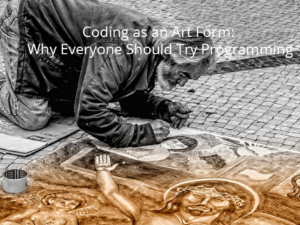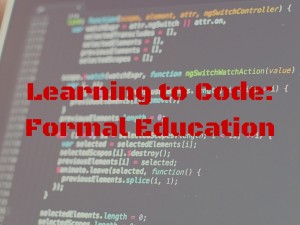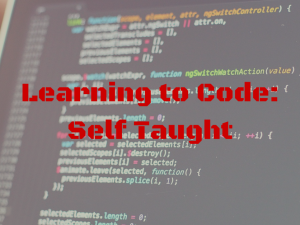
In the technologic world we live in today, those who can read and write code are viewed by many as the modern-day equivalent of the alchemists. We attempt turn empty machines into greater constructs of though and production much like they attempted to turn lead into gold. As time went on coding has evolve into the school of programming much like alchemy evolved into the school of chemistry. What was once known only to a few is now being taught world-wide to whoever wishes to learn.
However in this day and age, the knowledge of how to program isn’t restricted to only being taught in universities. The knowledge can be found by anyone who is willing to look for it. Many who have gone on to be the greatest contributors to the field had no formal education in the subject and while it is certainly beneficial to learn the finer points of programming in a university, it is by no means the only way.
I started off learning how to program in Java in high school. Eventually, I started learning other languages such as Python on my own. Being in classes helped me learn the basics concepts that are shared by most languages. When I was confident that I knew the basics, learning on my own was a lot faster than sitting through classes where a lot of concepts are repeated. Both methods have their benefits and both have their problems. In following posts, I will cover the pros and cons of each method of learning.







